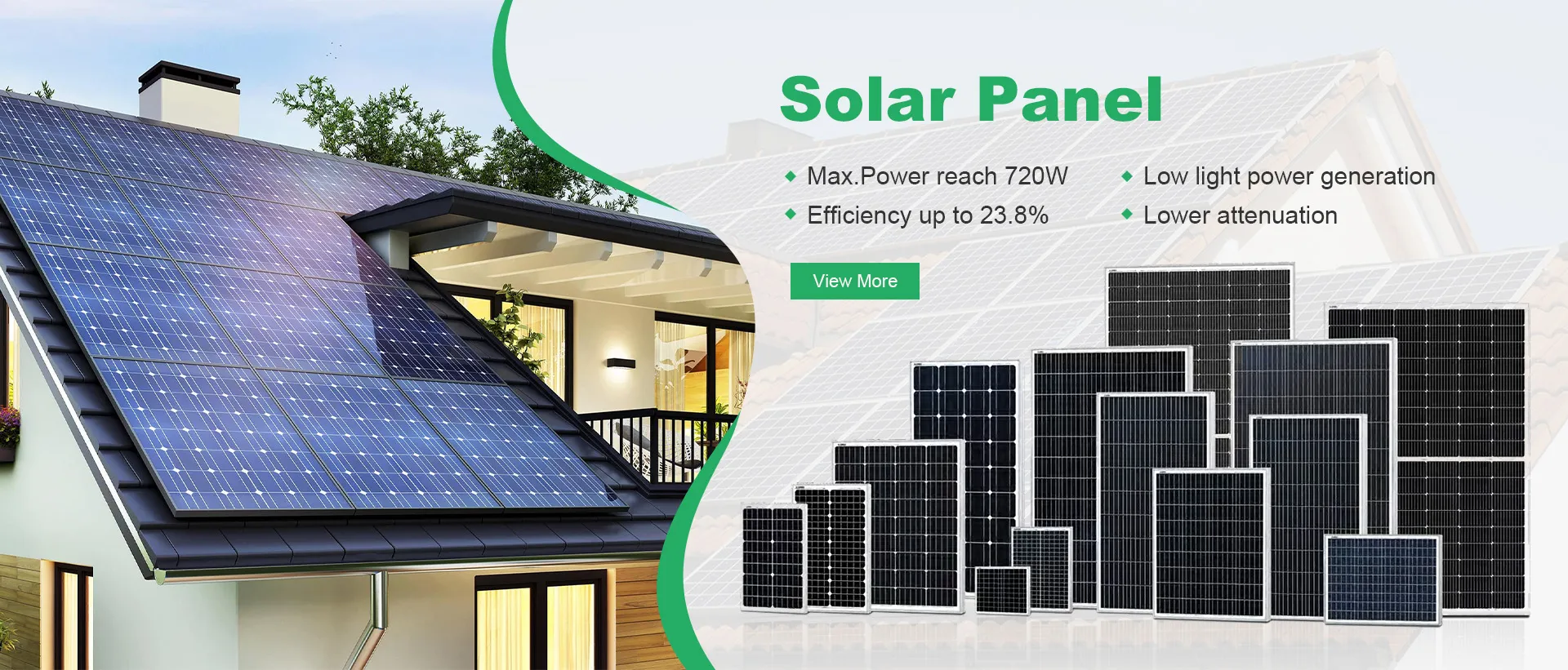Exploring the Capabilities of Hybrid Inverter Technology in Modern Energy Systems
Understanding the Functionality of Hybrid Inverters
In the realm of renewable energy solutions, hybrid inverters have emerged as a pivotal innovation. They play a crucial role in managing energy from various sources, primarily solar panels, batteries, and the grid. Understanding how hybrid inverters function is essential for homeowners and businesses looking to optimize their energy usage, enhance efficiency, and reduce dependence on fossil fuels.
What is a Hybrid Inverter?
A hybrid inverter is a sophisticated power electronic device that combines the functionalities of both a grid-tied inverter and a battery inverter. Unlike traditional inverters that operate solely with one power source, hybrid inverters can manage inputs from solar panels, battery storage systems, and the electric grid. This versatility enables users to maximize their energy utilization while ensuring a seamless transition between different power sources.
Key Functions of Hybrid Inverters
1. Energy Conversion The primary role of any inverter is to convert direct current (DC) produced by solar panels into alternating current (AC), which is used by most household appliances. Hybrid inverters perform this function while also managing battery storage and incoming grid power.
2. Battery Management One of the standout features of hybrid inverters is their capability to charge and discharge batteries. When the solar panels generate surplus energy, the hybrid inverter can store this excess energy in a battery for later use. This functionality not only enhances energy independence but also ensures power availability during peak usage times or outages.
3. Grid Interaction Hybrid inverters allow for dynamic interaction with the public electricity grid. They can automatically switch between solar energy, battery power, and grid electricity to ensure that the energy supply is steady and reliable. For instance, during times of low solar production, the inverter can draw power from the grid, minimizing disruptions.
hybrid inverter function

4. Load Management Advanced hybrid inverters can prioritize energy distribution based on the household's load requirements. This means that critical appliances can receive power first, managing usage efficiently and reducing the risk of overload.
5. Monitoring and Control Hybrid inverters are often equipped with smart technology, allowing users to monitor their energy consumption and production in real-time through mobile apps or web interfaces. This data provides valuable insights into energy usage patterns and helps users optimize their systems for greater efficiency.
6. Grid Backup and Support Many hybrid inverters come with built-in capabilities for grid support. In the event of a power outage, they can seamlessly switch to battery mode, supplying critical power to designated circuits. This feature is particularly valuable in areas prone to outages, providing peace of mind to users who depend on continuous power.
Benefits of Hybrid Inverters
The implementation of hybrid inverters offers several benefits. Firstly, they enhance energy self-sufficiency, allowing users to rely more on renewable sources rather than fossil fuels. This not only results in lower electricity bills but also contributes to a greener planet.
Additionally, the dual capability of managing both energy storage and grid supply means more flexibility for users in how they utilize energy. With the increasing prevalence of renewable energy sources and the rising costs of conventional energy, hybrid inverters represent a smart investment for the future.
Conclusion
As the demand for sustainable energy solutions continues to rise, hybrid inverters stand out as essential components in modern energy systems. They empower users to harness the full potential of renewable energy, providing efficiency, reliability, and independence. Whether utilized in residential settings or larger commercial installations, hybrid inverters facilitate a smooth transition towards a cleaner and more sustainable energy future. Understanding their functions not only helps in making informed decisions but also inspires greater energy consciousness and responsibility among consumers. As technology continues to advance, the role of hybrid inverters will undoubtedly become even more significant, shaping the landscape of energy consumption for years to come.
-
Unlocking Energy Freedom with the Off Grid Solar InverterNewsJun.06,2025
-
Unlock More Solar Power with a High-Efficiency Bifacial Solar PanelNewsJun.06,2025
-
Power Your Future with High-Efficiency Monocrystalline Solar PanelsNewsJun.06,2025
-
Next-Gen Solar Power Starts with Micro Solar InvertersNewsJun.06,2025
-
Harnessing Peak Efficiency with the On Grid Solar InverterNewsJun.06,2025
-
Discover Unmatched Efficiency with the Latest String Solar InverterNewsJun.06,2025







